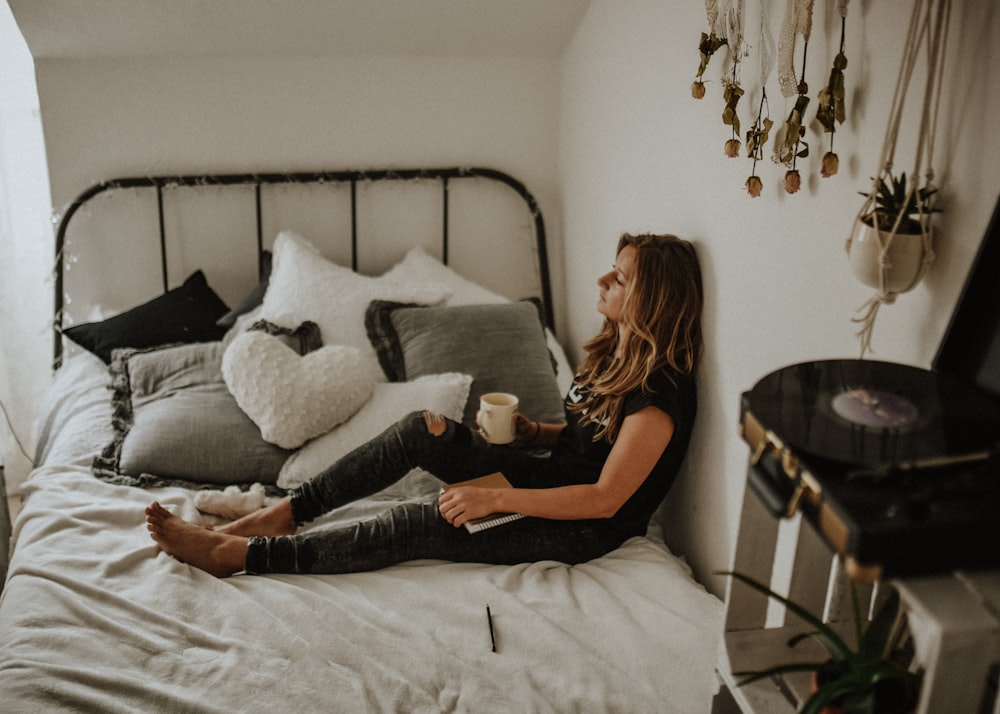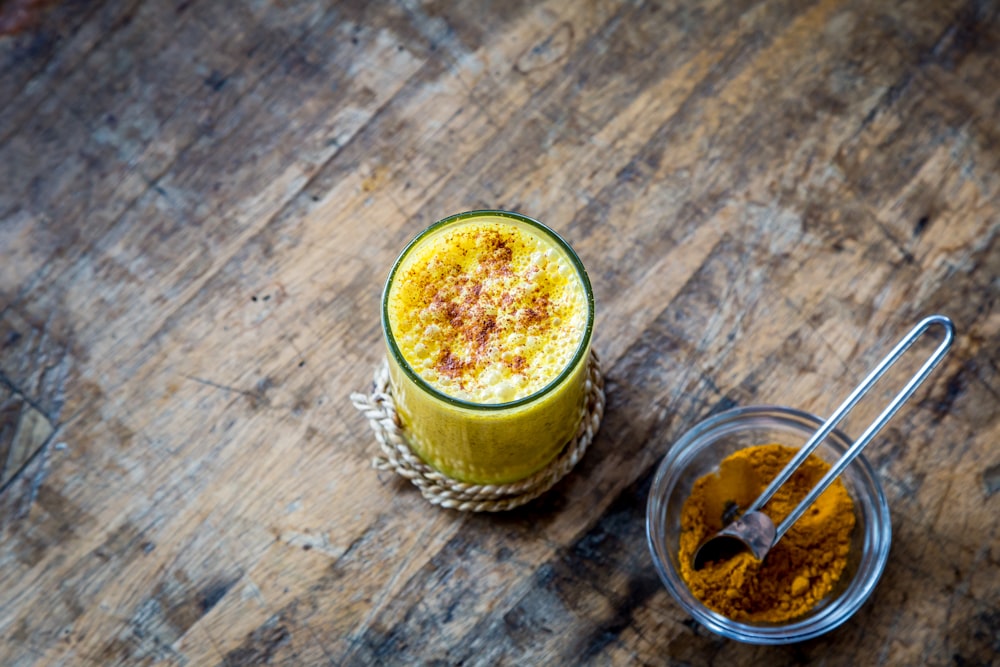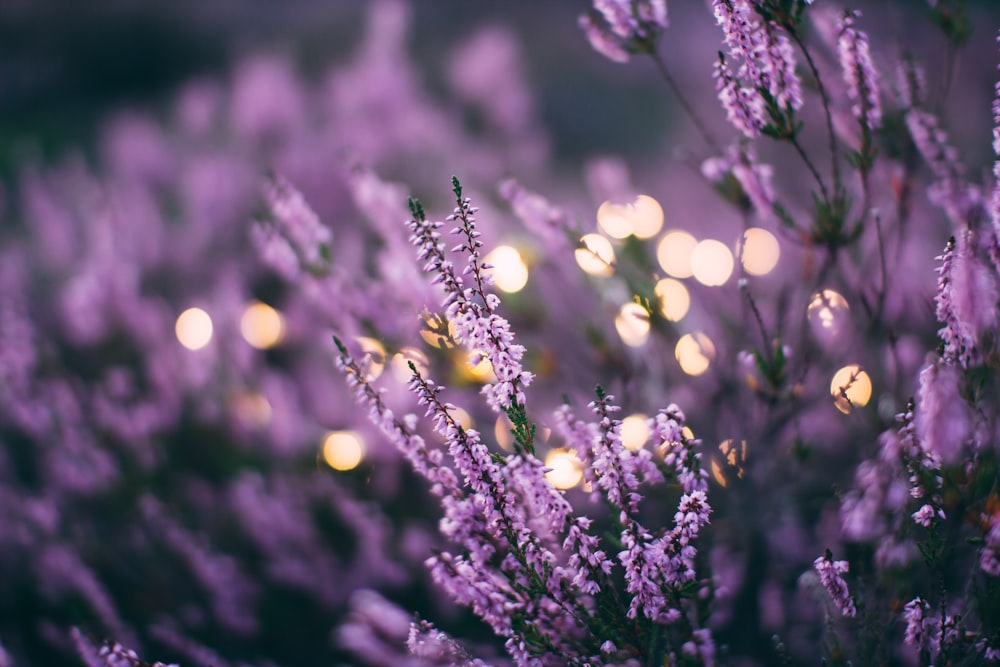Trouble sleeping is an issue that plagues tens of millions of people every day. While staying up all night can be a great way to accomplish those tasks you didn’t get to earlier or brush up on your math skills while you count sheep, it also takes a tremendous toll on your body and brain when you don’t get enough sleep.
The American Sleep Association reports staggering facts regarding the sleep habits of people in the United States, with these issues affecting individuals worldwide as well. Studies show that:
- 50-70 million US adults have a sleep disorder.
- 4.7% reported nodding off or falling asleep while driving at least once in the preceding month.
- Drowsy driving is responsible for 1,550 fatalities and 40,000 nonfatal injuries annually in the United States.
Lack of sleep is not just a nuisance – it is dangerous and even potentially fatal.
If you are one of the millions who have trouble sleeping, you are not alone. Insomnia is considered to be the most common sleep disorder. Over 30% of adults report short-term bouts of this disorder, while 10% complain of chronic insomnia.
These numbers are increasing every year, with the effects of sleep deprivation becoming more understood with each new scientific study. It is evident that not being able to sleep soundly effects more than just that night of rest.
What Does it Mean to Sleep Soundly?
When you fall asleep, you actually go through five stages of sleep that can happen anywhere from immediately after you close your eyes to hours later. If any of these stages are interrupted, it can affect your overall wellness. The sleep soundness definition just means that you are going through the stages of your sleep cycle naturally.
Stage 1
In light sleep, you are drifting in and out of sleep. You probably notice little noises in the background but are not paying attention to them. You can easily be awakened in this stage. If you have ever had a sudden “jerk” movement waking you up or felt like you were falling, you were likely in this stage of sleep.
It is at this stage that your eyes are moving slowly and your muscle activity is slowing down, preparing you for stage two.
Stage 2
This is the preparation stage, where your body is getting ready to go under for some deep, sound sleep. Your eye movements stop, your brain waves become calmer and steadier, your heart rate slows, and your body temperature starts to drop.
Stage 3
Stage 3 is your deep sleep, where your slow brain waves, or delta waves, are mixed with smaller but faster waves. This deep sleep stage is where people are at when they talk in their sleep, sleepwalk, or have other “parasomnia” experiences.
Stage 4
This is a continuation of the deep sleep state, but your brain is producing mainly delta waves. It is during this time that if you are woken up, you probably feel groggy and disoriented.
Stage 5
Stage 5, or REM (rapid eye movement) sleep, your brain waves are acting like they do when you are awake. Your eyes are moving side-to-side, and you are experiencing deep dreaming and brain activity. REM sleep is important to your overall rest and a good night sleep. This is where your brain and body are restored.
If you need help to fall asleep and get the rest you need, follow these quick tips.
5 Quick Tips for When You Want to Sleep
If you lay awake thinking, “I want to sleep, I’m so tired,” but you just can’t seem to go to sleep, try a few of these tips for better sleeping and overall wellness.
1. Set a schedule. When you go to bed and wake up at the same time each day, you are eventually training your brain to expect to be asleep and awake at a certain hour.
You’ve heard those early-risers say they wake up at [spp-timestamp time="5:30"] every morning without an alarm clock? You know you roll your eyes at them. But you can do it, too. It just takes consistency.
2. Exercise daily. This releases built up stress and creates endorphins that will help your brain relax later. Be sure you don’t exercise right before bed, though. Your brain needs at least an hour to decompress.
3. Limit the use of any caffeinated beverages or nicotine products to before mid-afternoon. The caffeine and nicotine can stay in your body for over eight hours before the effects wear off, keeping you wide awake at night.
4. Create an inviting sleep atmosphere. Remove any bright lights or television and computers. Play quiet, peaceful music like deep sleep music or ocean sleep music, and set the temperature of the room to a comfortable setting.
5. Try natural sleep supplements to take your poor sleep and turn it into deep sleep. Cognitive supplements like Momental Mend improve mental function in healthy individuals and support restless minds and bodies to get better sleep.
Shop Mend with natural sleep herbals here.
What are people saying about Mend?
15 Herbs to Help You Sleep Soundly
When nights of no sleep have you stressed throughout the day, there is hope! Natural sleep remedies are becoming more popular as people turn to them over prescription medication every day.
Try some of these natural herbs to help your body and brain learn the correct sleep patterns to get the sound sleep you need:
1. Valerian (Valeriana officinalis): Valerian is a natural sedative that gives you the rest you need without the grogginess of a prescription pill. It’s recommended that you take breaks after a few weeks of using valerian because your body does get used to it, so it will take more to have the same effect. Instead, use another herb for a couple of weeks and then go back to the valerian.
2. California Poppy (Eschscholzia californica): This herb is good for insomnia and anxiety. It’s also safe for children. You can take it to relax throughout the day and before bedtime partnered with valerian for sound sleep.
3. Passion Flower (Passiflora incarnata): If you are a frequent waker, tossing and turning all night, passion flower is a great herb for you. This herb can be taken frequently all day and before bedtime and is safe for children.
4. Hops (Humulus lupulus): Considered a natural sedative, hops is used to reduce anxiety and stress, and even aids in digestion. It does contain natural steroids, so pregnant women and young children should not use it, but otherwise, it is safe to use as directed.
5. Magnolia Bark (Magnolia officinalis): Magnolia bark is used to lower cortisol levels and relax your body and calm your mind. If you are looking for a quick brain shut off, this is the herb to go to. Pregnant and nursing women are cautioned against using this herb, however.
6. Ashwagandha (Withania somnifera): Ashwagandha is used as a natural stress reliever. It can also be taken if you wake up and need to go back to sleep because it delays the release of cortisol, which spikes anxiety.
7. Seriphos (Phosphatidyl Serine): Also known as Phosphoserine, Seriphos helps lower and regulate cortisol and relaxes your brain and body. The makers of the brand recommend avoiding it if you are using alkaloid stimulants or are on adrenergic agonists. Also, avoid this herb during pregnancy or if you have reduced kidney function or failure. It can be harsh on the body, so if you get nauseous easily, take it with food.
8 – 10. Chamomile (Anthemis nobilis), Catnip (Nepeta cataria), or Kava Kava (Piper methysticum) tea: The three of these herbs fall in the same category as great treatments for anxiety and hyper-excitement. They are great to use in tea and can help you relax and fall asleep quickly.
11. Nutmeg – Add a little nutmeg to a glass of milk or tea before bed to help you get that drowsy feeling. Use 1/8 to 1/4 teaspoon only – large doses of nutmeg are toxic at best and deadly at worst.
12. Wild Lettuce (Lactuca virosa): Wild lettuce is used to treat restlessness and insomnia. It is a mild sedative found in homeopathic recipes everywhere, even in children’s treatment.
13. St. John’s Wort (Hypericum perforatum): This herb is recognized best by its yellow flowers. It is found in Europe but is used in many herbal remedies to relieve insomnia and depression. It is best used at night or when you are not going out into the sun as it can increase your skin’s sensitivity to sunlight.sant aroma and lovely purple flowers. Although this herb is native to mountainous areas of the Mediterranean, it is now grown all over the world including the United States, Australia, and southern Europe.
14. Lavender: Used in teas and natural candles everywhere, lavender has relaxing therapeutic qualities that work to alleviate anxiety, stress, depression, and insomnia.
15. Linden flower/ lime flower: For those who experience sleep paralysis and violent, vivid dreams, linden flower has a calming effect on the mind and heart. It is often used in children to prevent nightmares.
Sleep Well for Overall Health
Whether you use the tips provided to create a regular environment that promotes sleeping soundly or you need a little extra help through the use of natural herbs and supplements, it is important to your overall health to get the right kind of sleep.
If you are looking to improve your body and mind’s wellness through quality, sound sleep, try Momental Mend, natural nutrition to help your body and mind relax.
[ad_2]
MAR
2019







